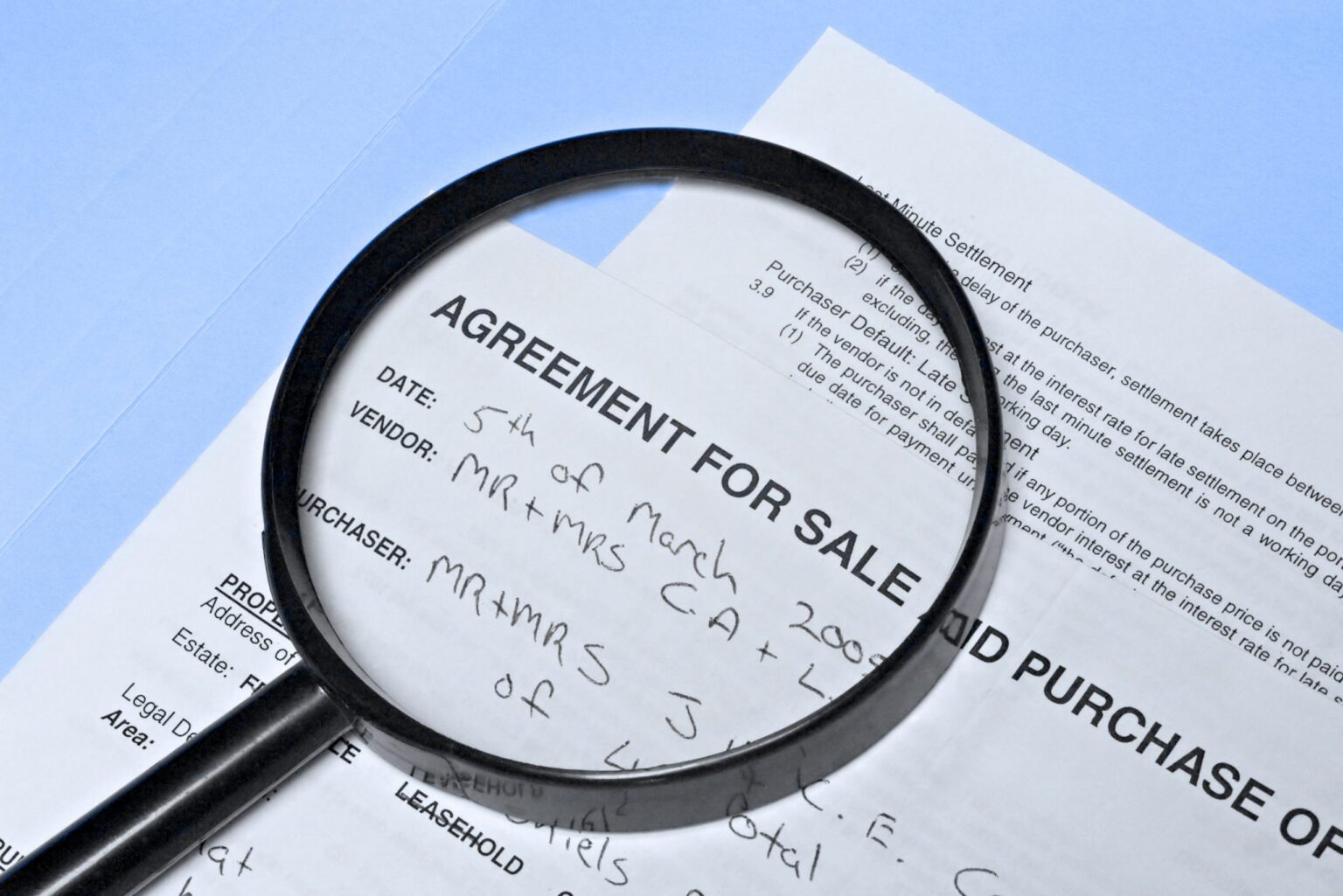Bringing conveyancing into the 21st century has been a much-discussed topic for many years. Recent events have highlighted the need for change, and new technology is now closer than ever.
The recent coronavirus pandemic and lockdown restrictions have provided an even greater impetus for HM Land Registry to modernise its “outdated” systems. It has been working with the Law Society, the Council for Licensed Conveyancers and the Chartered Institute for Legal Executives to come up with a solution.
As such, property transactions could soon be completed using smartphone apps and biometric identity technology. Not only would the process be simpler, it would ultimately also be faster and cheaper. The idea would be to reduce and even eliminate the need for face-to-face document verification.
For the UK housing industry, where so much can now already be done online, this would be huge progress. It could also make the UK property market even more desirable from the perspective of foreign investment. The impact would spread across both residential and commercial property and land.
Innovative proposals from Land Registry
In its latest blog, HM Land Registry sets out its plans and how it hopes to achieve them. It highlights the need for the prevention of fraud, but points out the flaws in the current methods in use.
“Even in the best of circumstances, conveyancers checking the identity of their clients personally can be inconvenient to both. It also relies on the skill and attention to detail of person doing the checking, which can be variable.”
“By contrast, there are technological means of checking electronic passports and similar that can be highly consistent and accurate.”
The proposals include using cryptographic combined with biometric identity solutions. This would involve the user having an app that analyses their passport chip to check its validity. They would then record a video of the passport photo for facial recognition.
“This can be done using a smartphone (Android and iPhones included), wherever they are, and the results are near immediate,” says the report. It adds that this technology is already in use at automatic immigration barriers at airports.
Proptech needed to boost buying and selling
HM Land Registry is hosting a virtual event that will aim to find a solution. The industry body is currently on the lookout for proptech providers who can create the required technology.
“We would encourage potential suppliers of this technology to consider how they might meet the needs of the property market, so that conveyancers might use these cryptographic combined with biometric checks now and in the future.”
“We encourage any providers interested in joining us for the virtual event to add your details to the sign-up form.”
The proptech industry as a whole has been improving vastly in recent years, and the recent crisis is likely to have spurred it on. All contact between buyers, sellers and agents is currently taking place remotely. Viewings are largely being conducted virtually, at least in the early stages. Mortgage applications are now largely a digital process.
For many property investors, and those abroad in particular, almost the entire process can be completed without any physical presence. This is especially the case for off-plan purchases.
Further to this, huge advances in technology have changed how properties are run and managed. This includes for homeowners and owner-occupiers, as well as for landlords and tenants. Many modern rental buildings, for example, have community apps that are shared among occupants. These can allow tenants to raise issues, resolve maintenance needs, and even book classes and shared spaces in their buildings, for example.
Bringing the conveyancing process up-to-date will be the tip of the iceberg in modernising the UK housing industry.










